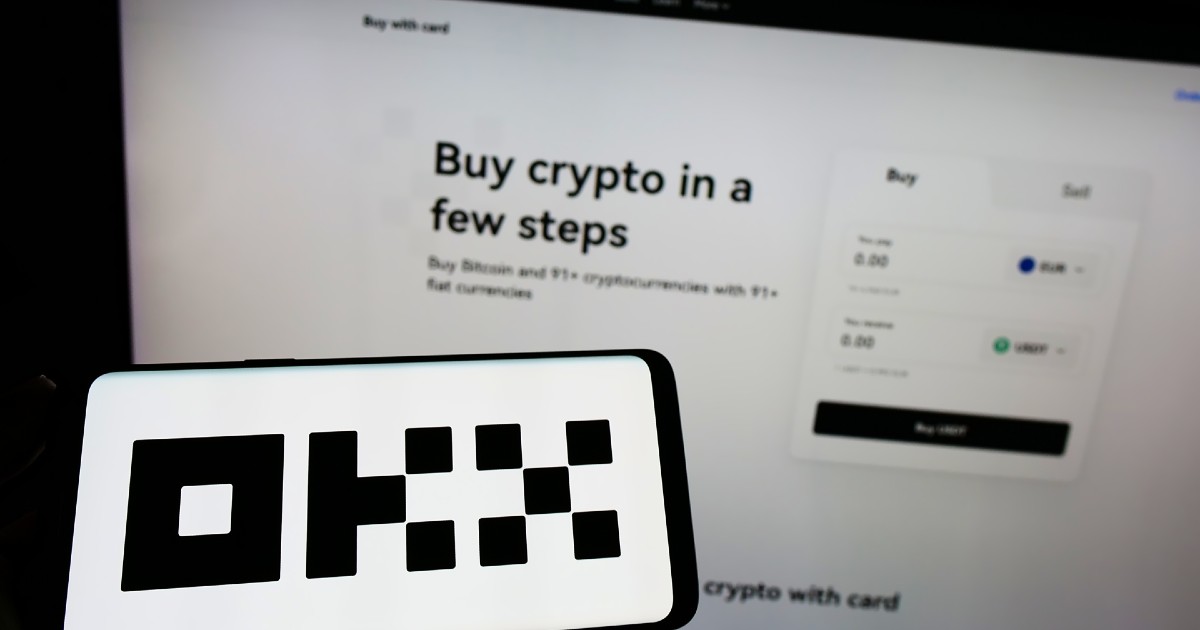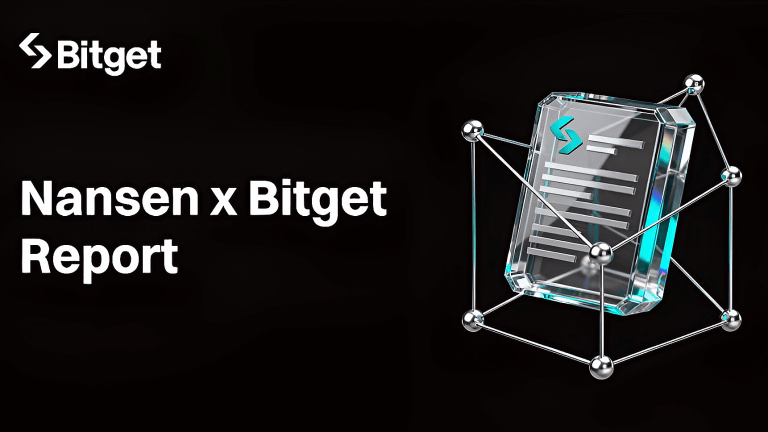So today I wrote a post on my crypto blog and because I think it's an important topic, I thought I'd write it here as well.
Unfortunately, more and more people starting out in crypto are falling victim to fraud.
This creates a negative image for crypto and thus keeps a lot of investors away from entering to crypto.
Scammers are always looking for new ways, and although sometimes it is very difficult to recognize that it is a scam, there are times when the red flags appear at the beginning.
At the end of the day, it becomes the responsibility of the users to protect their assets.
In general, crypto scams fall into two different categories:
- Initiatives aimed at gaining access to the target's digital wallet or authentication credentials. Fraudsters try to obtain information that gives them access to a digital wallet or other types of private information, such as security codes. In some cases, this even includes access to physical hardware.
- Transferring cryptocurrency directly to a fraudster due to impersonation, fraudulent investments, business opportunities, or other malicious means.
Phishing scams
Phishing scams often target information related to online wallets.
Scammers target crypto wallet private keys required to access funds within the wallet.
How It Works?
They send an email to lure recipients to a specially created website and ask them to enter private key information.
Once the fraudsters have this information, they steal the cryptocurrency in these wallets.
How to avoid it?
- Under no circumstances - never give your private key to anyone!
Once someone has access to your private keys (or the backup seed), they have access to your funds. - Check the emails that are sent to you.
Many exchanges and companies allow you to use an anti-phishing service in which you will receive a code that will appear in all the authentic emails that will be sent to you. - If you received an email with a link that looks suspicious to you - stop!
Check on social media such as Facebook, Twitter and Reddit if there is a mention of a similar email by others.
Giveaway scams
Giveaway scams are promoted on YouTube, Twitter, Facebook and other social media platforms.
These gifts almost always seem to come from celebrities or famous people in the crypto community.
In 2021, Elon Musk's followers alone were responsible for $2 million worth of fraud.
How It Works?
The scammers promise to match or double the cryptocurrency sent to them in what is known as a giveaway scam.
Clever messaging from what often looks like a legitimate social media account can create a sense of legitimacy and create a sense of urgency.
This "once-in-a-lifetime" opportunity can lead people to move funds quickly in hopes of an immediate return.
How to avoid it?
- Let's be realistic, there is no reason for a celebrity or influencer to approach you to offer you a doubling of your investment.
- Ignore messages sent to you on Facebook, Telegram, Discord and more. They are all scams.
Romance scams
Scammers often use dating sites to trick unsuspecting targets into believing they are in a real long-term relationship.
How It Works?
Once they manage to gain the trust of the victims, the scammers will start demanding payments and transfers of cryptocurrencies.
Of the 70,000 romance scams reported in 2022, nearly a quarter convinced victims to send a payment because they claimed someone close to them was sick or in trouble.
How to avoid it?
- Most scammers using this method will demand payment in cryptocurrency.
That's why you should avoid transferring in crypto, because the transactions cannot be reversed. - If while getting to know the other party starts mixing romance and crypto investment recommendations this is another warning flag that this is a scam.
Extortion scams
A popular method used by scammers is sending blackmail emails.
How It Works?
In such emails, they claim to have records of adult websites or other illegal web pages visited by the user and threaten to reveal them unless they share the private keys or send a certain amount of cryptocurrency to the scammer.
How to avoid it?
- These cases represent a criminal extortion attempt and should be reported to the enforcement authorities.
- If you have encountered such an extortion attempt, do not share the private keys or send coins to the scammer. Your consent will allow the scammer to continue blackmailing you in the future again.
Employment scams
It is common for scammers to impersonate employers or recruiters to defraud job seekers. Fake job postings on online job boards may lead to malicious landing pages, or imposter employers and recruiters may ask for crypto in exchange for job training.
How It Works?
The scammer will post a job and offer a high fee.
After you "complete" the job, the scammer will tell you that the money has been sent to their wallet/scam site.
After you open an account on the website, you will find that the payment amount appears, but it is necessary to pay a withdrawal fee to receive the funds.
Needless to say, even after you pay the commission, you will not receive the funds, because they simply do not exist.
How to avoid it?
- If you have done any work remotely, request the payment to a wallet address you have. Delivery of the public address is not dangerous.
- Avoid opening accounts on unfamiliar sites/wallets. New in crypto? Ask in crypto groups if anyone has heard of the site the scammer referred you to.
How to spot scams
While there are different types of crypto scams, many scammers rely on the same or similar tactics to scam users.
Some common scam tactics include:
- promises of large payments.
- A random contact from an unknown person via text, email and even social media platforms.
- Scammers who pose as celebrities with fake gifts or problems.
- Scammers posing as romantic partners online
- Promises of free funds, coins or items.
- Vague explanations of a currency or organization.
- People impersonating business leaders, partners or other business-focused people.
- employers, employees or fake job listings
How to avoid scams
There are several steps you can take to avoid being scammed.
If you noticed any of the signs, do not click on any links, do not call a phone number and do not send money. Additionally:
- Ignore requests to hand over your private keys. As i mentioned above, access to the private keys means access to your coins.
- Ignore promises that you will make a lot of money. It doesn't matter if it's from investment managers, celebrities or just random people.
- Do not send cryptocurrency to people you met on online dating sites. Prefer to meet first and even then make a transfer using other methods in which you can get a refund.
- Ignore text messages and emails from well-known or new companies claiming that your account is frozen or that urgent action is needed.
- Ignore job ads that offer high sums for simple jobs and payment in crypto.
- Ignore ads and advertisements about profits from mining farms.
- There is no such thing as free money in crypto. Ignore any message to the contrary.
- If a coin appears in your crypto wallet, avoid interacting with it until you have verified that it is legitimate.
Keep your assets safe.
Maintenance of your assets also means full responsibility for them, therefore it is important to pay attention to where you transfer funds, who is the person standing in front of you and which smart contract you sign.
It is important to mention again - NEVER, BUT NEVER share your private keys with anyone, no matter what!
[link] [comments]

You can get bonuses upto $100 FREE BONUS when you:
💰 Install these recommended apps:
💲 SocialGood - 100% Crypto Back on Everyday Shopping
💲 xPortal - The DeFi For The Next Billion
💲 CryptoTab Browser - Lightweight, fast, and ready to mine!
💰 Register on these recommended exchanges:
🟡 Binance🟡 Bitfinex🟡 Bitmart🟡 Bittrex🟡 Bitget
🟡 CoinEx🟡 Crypto.com🟡 Gate.io🟡 Huobi🟡 Kucoin.









Comments